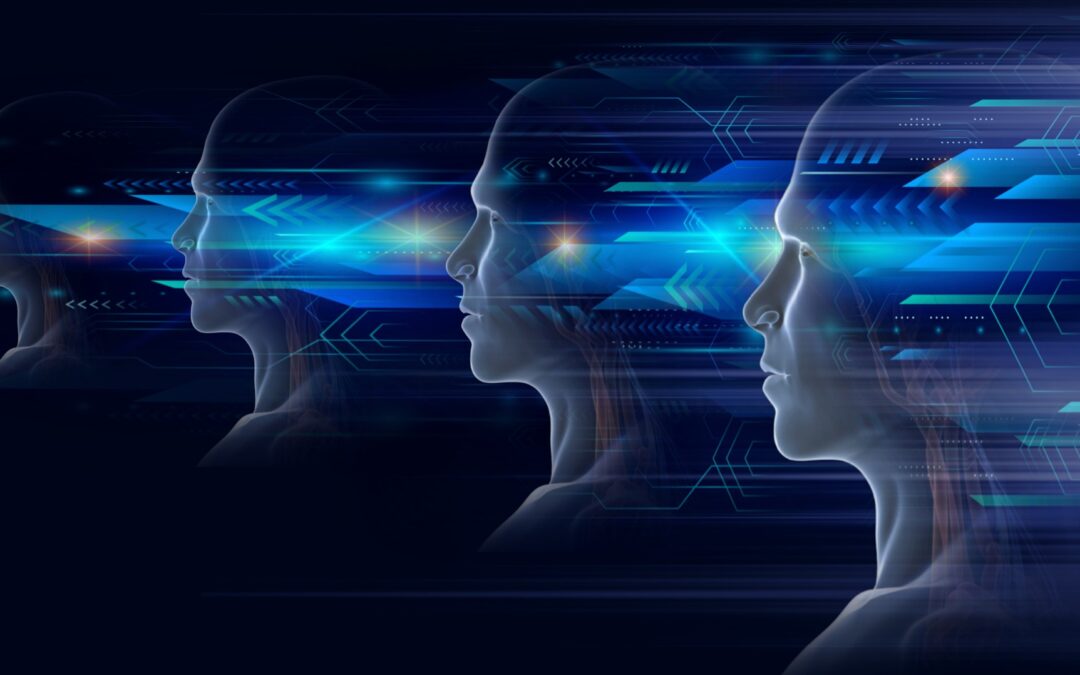In the tapestry of technological evolution, artificial intelligence (AI) emerges as a dominant thread, weaving patterns of change across every aspect of our lives. From the way we work, learn, and communicate, to how we approach health, entertainment, and the very essence of human interaction, AI is not just shaping our future; it is actively constructing it. We explore the multifaceted influence of AI on our world, illustrating not just how it’s altering the status quo but also hinting at the profound changes yet to come.
Transforming Industries
The advent of AI has been particularly revolutionary in sectors like healthcare, finance, and manufacturing. In healthcare, AI-driven diagnostics and predictive analytics are making it possible to anticipate health issues before they become life-threatening, personalizing medicine in ways that were previously unimaginable. In finance, algorithms now detect fraud with astonishing accuracy and automate complex investment strategies. Manufacturing has seen perhaps the most palpable change, with AI optimizing production lines, reducing waste, and enhancing safety, showcasing an unprecedented level of efficiency.
Revolutionizing Everyday Life
AI’s influence extends well beyond the confines of industry, seeping into the very fabric of daily existence. Smart assistants, powered by AI, manage our schedules, while recommendation algorithms influence the movies we watch and the music we listen to. Even more fundamentally, AI is reshaping education through personalized learning platforms that adapt to each student’s pace and style, promising to unlock potential in ways traditional methods never could.
The Future of Work
One of the most hotly debated topics is AI’s impact on employment and the future of work. While AI automates routine tasks, it also creates opportunities for new kinds of jobs, emphasizing the need for skills like complex problem-solving, creativity, and emotional intelligence. The challenge lies in adapting our workforce to these shifts, a task that requires a reimagining of education and training systems worldwide.
Ethical and Societal Implications
With great power comes great responsibility. The deployment of AI raises crucial ethical questions, from concerns over privacy and surveillance to the potential for bias in decision-making algorithms. As AI becomes more embedded in our lives, ensuring it adheres to ethical standards and promotes fairness and inclusivity becomes paramount. This includes a concerted effort to eliminate biases in AI algorithms and to make sure that the benefits of AI technology are accessible to all segments of society.
Looking Ahead
As we stand on the brink of what many are calling the next industrial revolution, it’s clear that AI will play a pivotal role in defining the future. However, the direction and nature of this influence will depend largely on the choices we make today. By fostering a dialogue that includes not just technologists but also policymakers, ethicists, and the general public, we can steer the AI ship towards a future that reflects our shared values and aspirations.
AI is not just a tool or a technological marvel; it is a mirror reflecting our collective ambition to push the boundaries of what’s possible. As we unveil the future shaped by artificial intelligence, it’s essential to remember that this future is not a distant dream but a present reality being molded with each line of code written today. Embracing AI with mindfulness, responsibility, and an unwavering commitment to the betterment of humanity will ensure that this future is one we can all look forward to.

